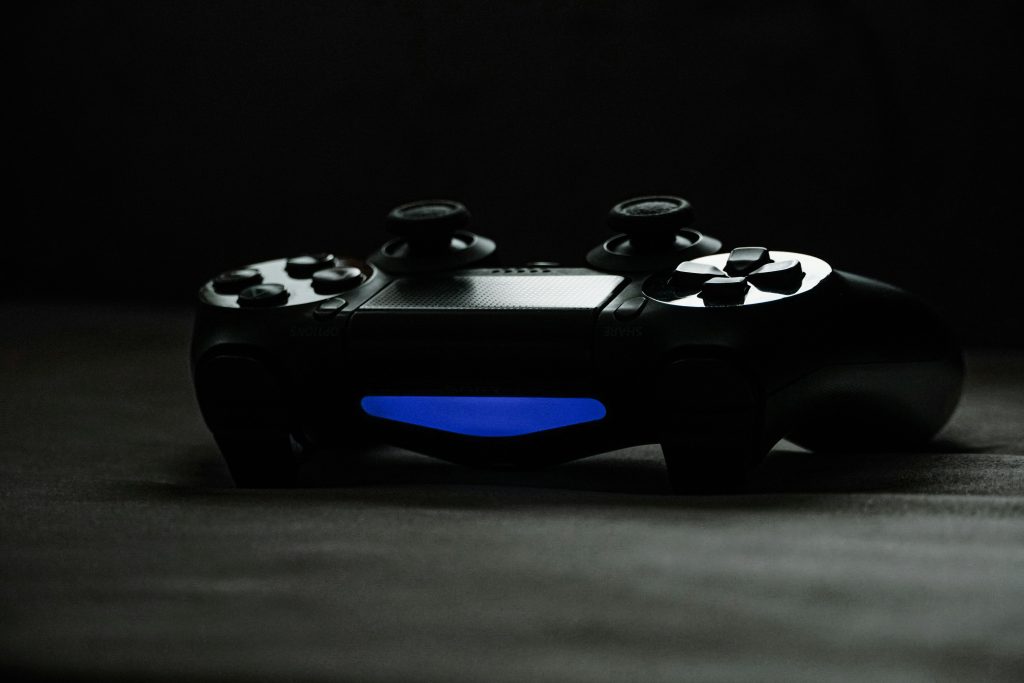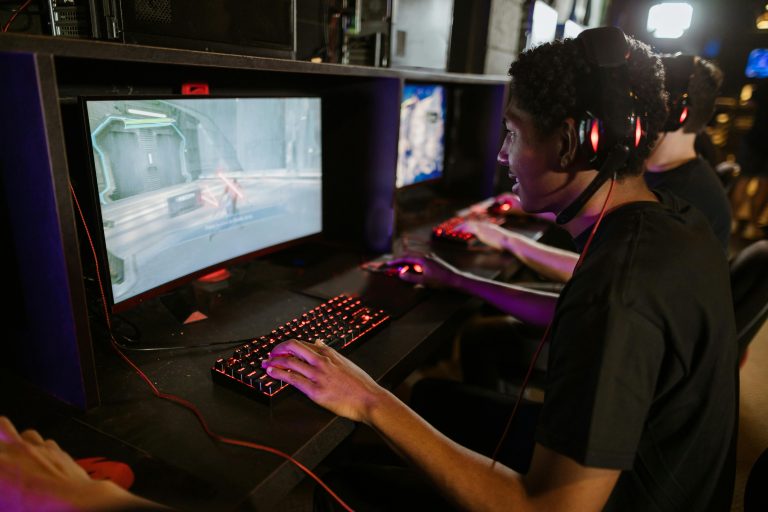
Remember the schoolyard debates? Sega vs. Nintendo, PlayStation vs. Xbox. These arguments were a rite of passage for a generation of gamers. With the industry’s massive shift towards multiplatform releases, PC gaming ascendance, and the blurring of lines through cloud gaming and subscriptions, many have declared the Console Wars a relic of a bygone era. A quaint, tribalistic practice with no place in our enlightened, connected gaming world. But what if they’re wrong? What if the fierce competition between Sony’s PlayStation and Microsoft’s Xbox isn’t just still alive in 2025, but is more vital than ever? The truth is, this rivalry remains the single greatest engine driving innovation, value, and creative excellence in gaming, and we, the players, are the ultimate beneficiaries.
The Engine of Innovation: Pushing Technology Forward
At its core, competition breeds innovation. Without a direct and powerful rival, the incentive to take risks and push technological boundaries diminishes. The console war is a battle fought on the front lines of hardware and software engineering. PlayStation’s pursuit of immersive, haptic feedback through the DualSense controller forced a conversation about how we physically interact with games. Xbox’s bet on developer-friendly tools and forward-thinking features like Quick Resume and Smart Delivery raised the bar for quality-of-life features across the board.
In 2025, this technological arms race continues. We see it in the relentless optimization of each system’s architecture, squeezing out every last drop of performance for smoother frame rates and higher resolutions. We see it in the heated competition over backward compatibility and game preservation, turning consoles into living libraries. We see it in the development of new peripherals and accessibility controllers, making gaming more inclusive for everyone. Each company is compelled to answer the other’s moves, not with mere imitation, but with a better idea. This relentless one-upmanship ensures that the hardware in our living rooms is constantly evolving, directly because Sony and Microsoft are locked in a struggle for technological supremacy.
The Content Arms Race: A Golden Age for Game Libraries
Hardware is nothing without software, and this is where the rivalry truly shines. The battle for exclusive content—whether first-party developed or third-party partnered—has created a golden age for game libraries. To convince you to invest in their ecosystem, each platform holder must deliver a steady stream of compelling, must-play experiences.
Sony Interactive Entertainment has built a reputation on narrative-driven, cinematic blockbusters like The Last of Us, God of War, and Ghost of Tsushima. These are system-sellers, experiences crafted to showcase the power and potential of their platform. Microsoft, through its acquisition of studios like Bethesda and Activision Blizzard, has pivoted to a strategy of immense content value, offering a vast catalog of day-one releases on its Xbox Game Pass subscription service. This “content war” forces both sides to open their wallets, funding ambitious projects that might otherwise be deemed too risky. It creates a vibrant landscape where story-rich epics coexist with vast, game-filled subscription services. Ultimately, gamers win because they have access to an incredible diversity of high-quality titles, each platform striving to offer something the other can’t.
Value and Consumer Choice: The Player is the Winner
Perhaps the most tangible benefit of the console war in 2025 is the fierce competition for your wallet. This rivalry is the primary check on pricing, ensuring that neither Sony nor Microsoft can become complacent. We see this play out in several key areas:
- Pricing Models: The pressure to compete has given rise to aggressive pricing strategies for hardware, games, and services. Frequent sales, bundled deals, and trade-in programs are direct results of this competition.
- Subscription Services: Xbox Game Pass is arguably the most disruptive force in gaming this decade, a direct challenge to the traditional model. In response, Sony revamped PlayStation Plus, offering tiers that provide immense value through a library of classic and modern games. This would not have happened at this speed or scale without the threat of a competitor eating your lunch.
- Consumer-Friendly Policies: Features like free next-gen upgrades (Smart Delivery), robust refund policies, and cross-play functionality have become industry standards much faster due to one company implementing them and the other being forced to follow suit to avoid looking anti-consumer.
This environment empowers you, the gamer, with more choice than ever before. You can choose the platform with the exclusive games you love, the controller that feels best in your hands, or the subscription service that offers the best value for your playstyle. The competition ensures that both companies are always working to earn your business.
Beyond the Box: The Ecosystem War
The battlefield has expanded far beyond a plastic box under your TV. The “console war” in 2025 is really an ecosystem war. It’s about where you and your friends choose to invest your time, identity, and money. This includes your friends list, your trophies or achievements, your cloud saves, and your digital library.
PlayStation leverages its strength in narrative-driven exclusives and a strong brand identity to build a cohesive, premium ecosystem. Xbox leverages its Windows integration and Game Pass ubiquity to create a flexible, value-oriented ecosystem that spans console, PC, and cloud. This competition for your entire gaming life pushes both companies to improve their online services, develop better social and sharing features, and create more seamless experiences across devices. They are fighting to be your primary gaming home, and that fight results in better, more connected services for everyone involved.
Conclusion: A Healthy Rivalry for a Thriving Industry
The console wars were never really about which platform was “better” in some objective sense. They were about passion, identity, and debate. In 2025, that spirit is more important than ever. While tribalistic hatred is pointless, healthy competition is essential. The rivalry between PlayStation and Xbox is not a childish argument to be outgrown; it is a fundamental market force that drives the entire industry forward. It results in better hardware, more innovative games, more consumer-friendly policies, and incredible value. So, the next time you see a headline about a new exclusive or a service price drop, remember: you’re witnessing the Console Wars in action. And we are all winning.






